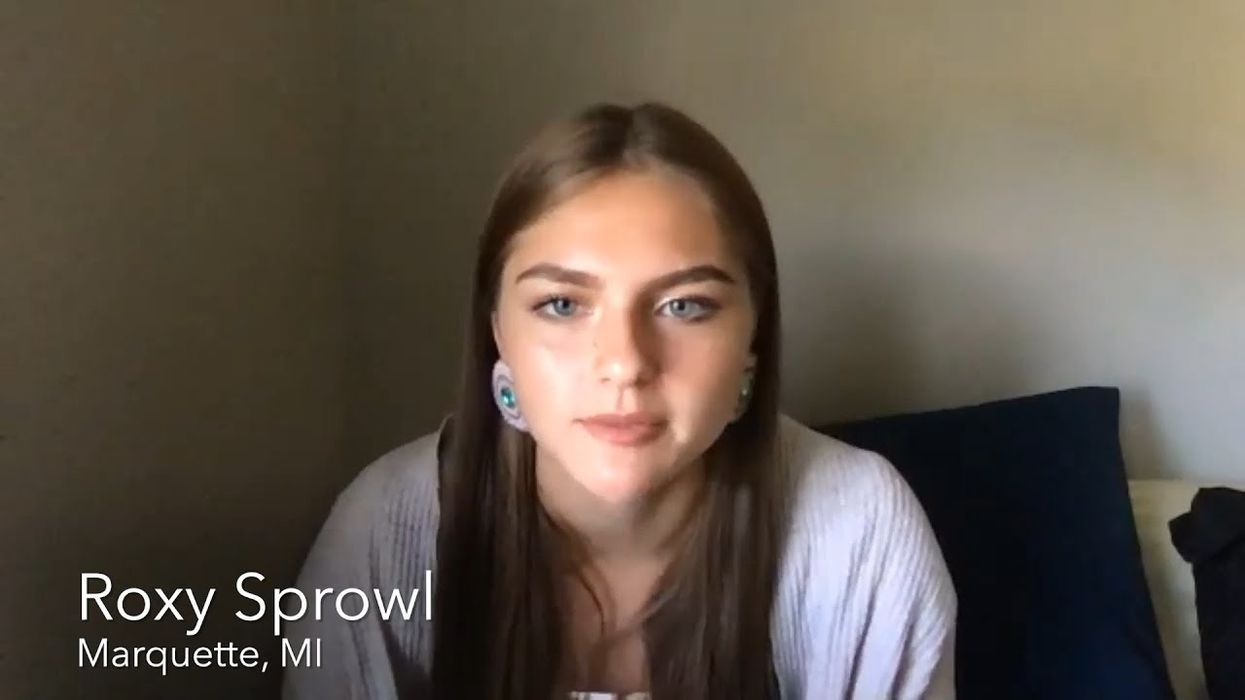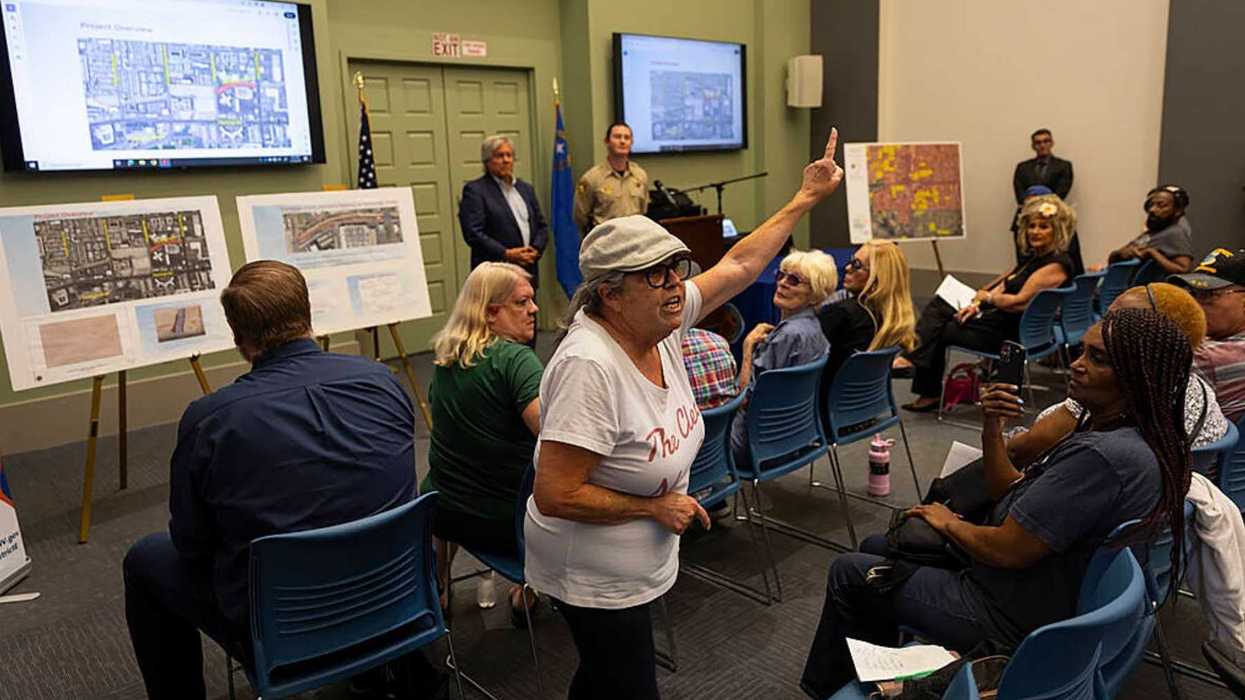In the last presidential election, less than half of eligible young people voted. Why?
After all, countless initiatives have been launched to register and mobilize these voters. School lectures stress the importance of voting. Celebrities swamp social media with urgent pleas. And in some states, there are even drives to lower the voting age. Why then do young people reject their right, and responsibility, to vote?
The standard theories are that "young people don't care enough about their future" or "they aren't able to see beyond their own limited self-interest and make decisions for the greater good." But in truth, young people do care, and their interest is only increasing. In fact, the Census Bureau says people ages 18 to 29 were the only age group that increased its representation at the polls in 2016.
So, if they do care, then why don't they vote? Experience in running a new voter literacy program, with over 1,000 students from around the country, shows that the issue is not apathy, but a lack of agency.
For too long, we have relied on history or civics classes to teach students how government works and the various roles that matter. We teach them that the president must be a natural-born citizen, at least 35 years old, and have lived in the United States for at least 14 years. But memorizing the Constitution or historical timelines is not a proxy for learning how to be a deliberative voter. We teach them about past presidents like Lincoln and Washington. And we assume that these history lessons provide all the preparation they needed to cast an informed vote.
Here's what we don't teach them: How to identify the qualities they want in a president, and why, and how to overcome their biases and look beyond the campaign messages to identify a candidate with the qualities they seek.
Also, we certainly don't ask them to envision the worlds the candidate would shape or how their leadership qualities would allow them to prevail over the crises they are likely to face.
That's why I was part of a team that created Vote by Design, a digital civics program created by educators for educators. It is designed to empower students to engage in the democratic process as independent and capable voters. We created it to ignite student agency, shift mindsets and build voter skill sets. It connects to themes of citizenship, civic engagement, inclusion and equity.
In the curriculum, we ask students to choose qualities they care about in a president, rather than focus on their policies. And we ask them to respond to a specific challenge — a geopolitical crisis or a natural disaster, for example — as if they were president, drawing on these previously identified qualities.
Immediately, students are able to see how the qualities and values they've selected show up in the types of decisions a president must make under pressure. They begin to realize the choices and decisions leaders have to make often have nothing to do with the policies they espoused in a campaign. They also soon realize no president is perfect, or can possibly have all the background and expertise needed for the role, but all presidents are called upon to step up and reveal themselves for the leaders they are.
The results of this brief exercise are extraordinary. How students think about the roles and qualities of the president are often transformed.
"I used to think our political system had gotten hopeless," they report. "Now I think ... there are many possible ways to return to compassion and integrity."
"I used to think that I had no idea about who our president should be and why it matters," they add. "Now I think presidents should represent all the people, to present a unified front in order for people to trust them with a country."
And finally: "I used to think what my friends and family thought. Now I think for myself."
These are not the reflections of apathetic people. They are the reflections of people who had been so unprepared and confused they didn't even want to vote. And they are the reflections of people who have now learned how to vote. They turned their so-called apathy into agency.
These are young people who will vote next month — and likely every election thereafter.
Vote By Design's team believes in the power of young people. We believe they care about this world and our future. We believe they should speak up and vote for the changes they wish. We believe young people not only deserve the right to vote, but deserve the right to learn how to vote. And it is our job to teach them.





















